What happened in your birth year? Well, it’s an incredible and unforgettable year for your family as they welcome a new angel to come to them. And just like today, people are interested in fashion, movies, and music as they are the amazing Entertainment source that gave them more joy in life.
During that time, a gigantic number of blockbusters rocked the world. With massive investment, ultimate talent, and unbeatable attempts of producers as well as actors, they give the world many top-notch movies that leave many people in awe. That makes you wish you were born several years earlier to enjoy them.
But the best means just one. We can see only one film winning the rest of the awards ceremony. In this post, we’ve curated the best movies of each year, from 1980 to 2000. Scroll down to find out what was the best movie in the year you were born.
However, Raiders leaves those in the past and the dust because they were cheesy and cheap. It's a brilliantly inventive adrenaline trip, with iconic scenes like giant rolling boulders and a whip vs. pistol combat riding on Harrison Ford's assured shoulders at the height of his acting career. The highest-grossing movie of 1981, Raiders of the Lost Ark, made an amazing $248.1 million.
Independence Day was popular since it was released to a limited audience a few days before the public Friday release, which is now standard practice for major studio blockbusters. The U.S military was initially involved in the project but withdrew when the studio refused to delete the references to Area 51.
Lucky Leo was paid $2.5 million for his services on Titanic, followed by a $20 million payoff for The Beach. Titanic was a great box office success, but it also won a slew of awards. Titanic received 14 Academy Award nominations and won a record-breaking 11 Oscars, including Best Picture, Best Director, and Best Cinematography.
The budget of the movie was estimated at a whopping $140 million, yet it grossed more than $550 million at the box office. Interestingly, Bruce Joel Rubin, the author of Deep Impact (a comparable notable blockbuster that came out just a few months before), claims that Disney stole his idea and developed Armageddon after he offered his asteroid disaster movie to a studio executive.
Although the franchise gave rise to a few sequels, most of them followed the action-focused formula and attempted to exceed the previous entry with ever-more-dangerous exploits, most of which were carried out by Cruise himself.
During that time, a gigantic number of blockbusters rocked the world. With massive investment, ultimate talent, and unbeatable attempts of producers as well as actors, they give the world many top-notch movies that leave many people in awe. That makes you wish you were born several years earlier to enjoy them.
But the best means just one. We can see only one film winning the rest of the awards ceremony. In this post, we’ve curated the best movies of each year, from 1980 to 2000. Scroll down to find out what was the best movie in the year you were born.
#1 'Star Wars: The Empire Strikes Back' (1980)
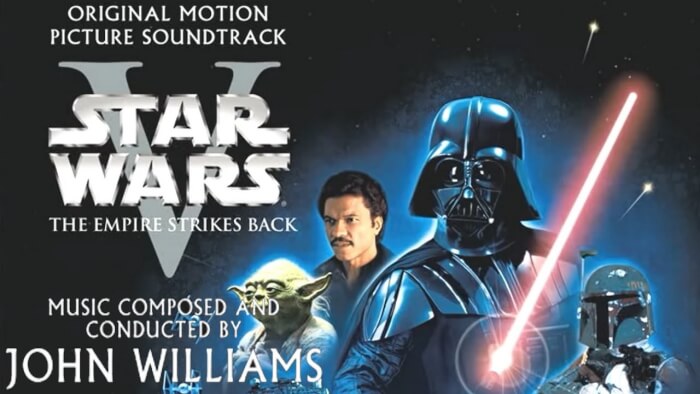 Source: Youtube
Source: Youtube
#2 Raiders Of The Lost Ark (1981)
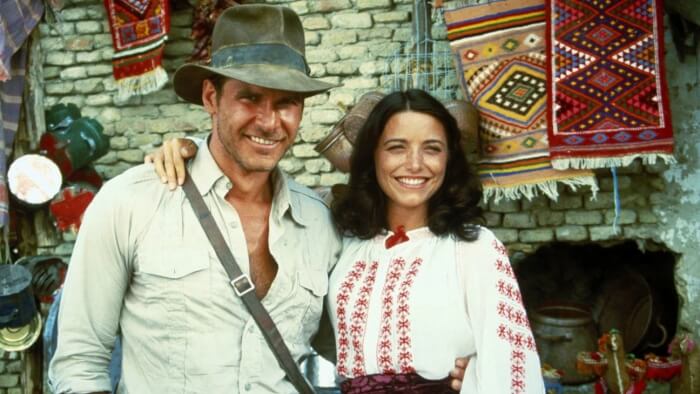 Source: PHOTOFEST
Source: PHOTOFEST
However, Raiders leaves those in the past and the dust because they were cheesy and cheap. It's a brilliantly inventive adrenaline trip, with iconic scenes like giant rolling boulders and a whip vs. pistol combat riding on Harrison Ford's assured shoulders at the height of his acting career. The highest-grossing movie of 1981, Raiders of the Lost Ark, made an amazing $248.1 million.
#3 E.T. The Extra-Terrestrial (1982)
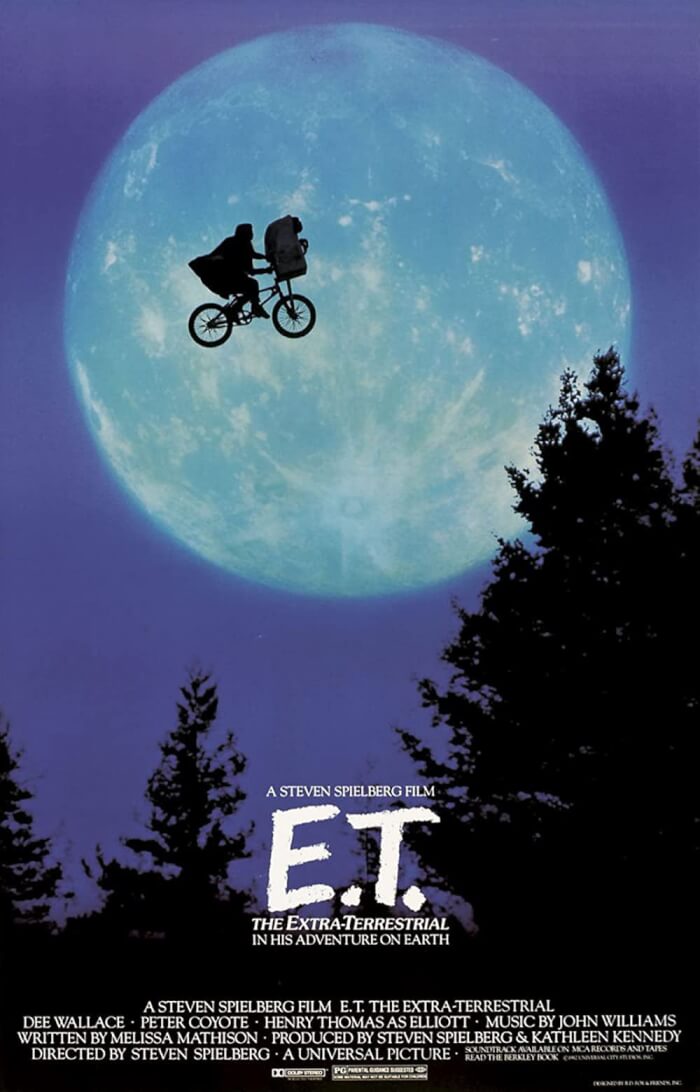 Source: IMDb
Source: IMDb
#4 Star Wars: Return Of The Jedi (1983)
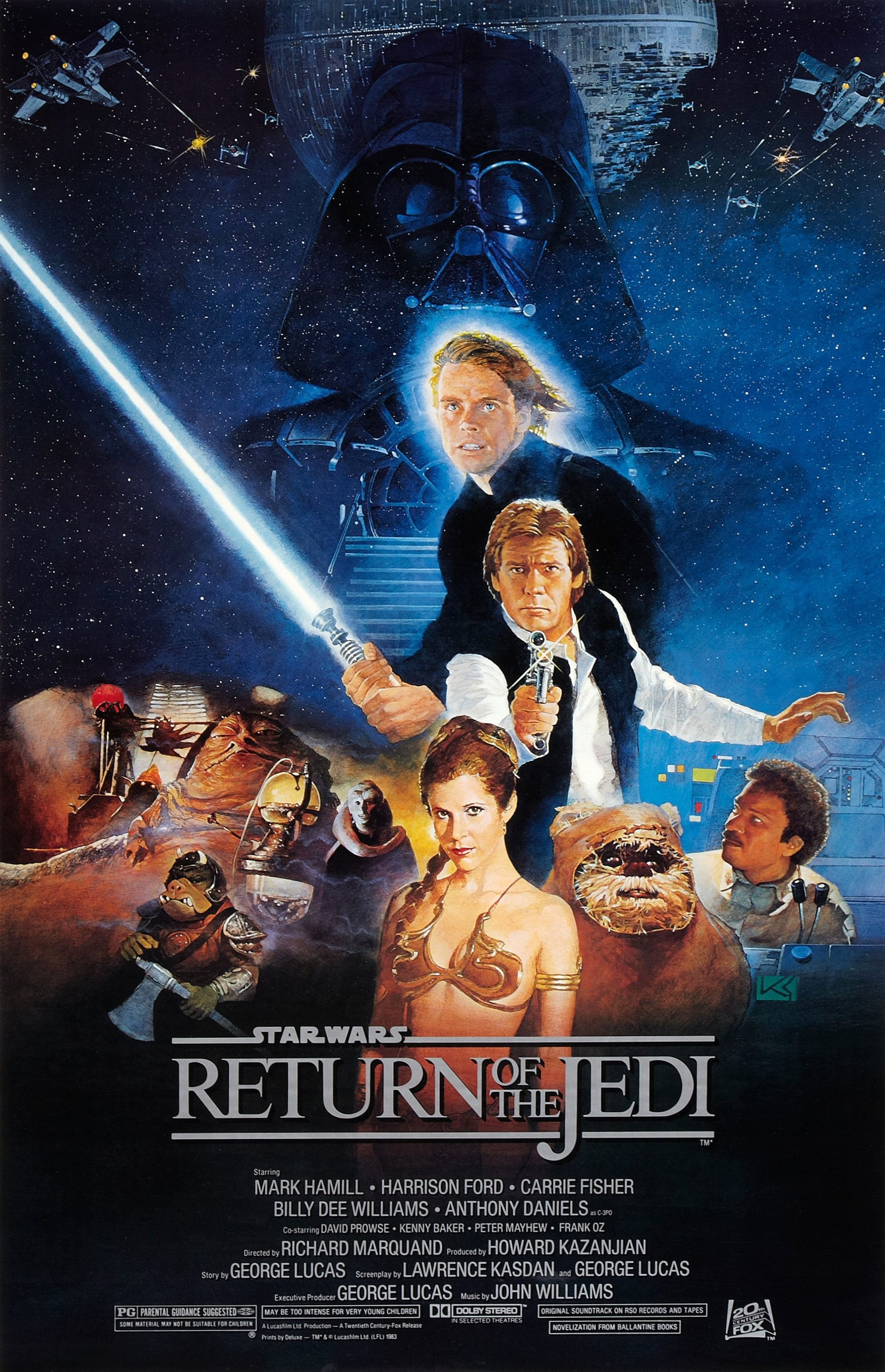 Source: IMDb
Source: IMDb
#5 Indiana Jones And The Temple Of Doom (1984)
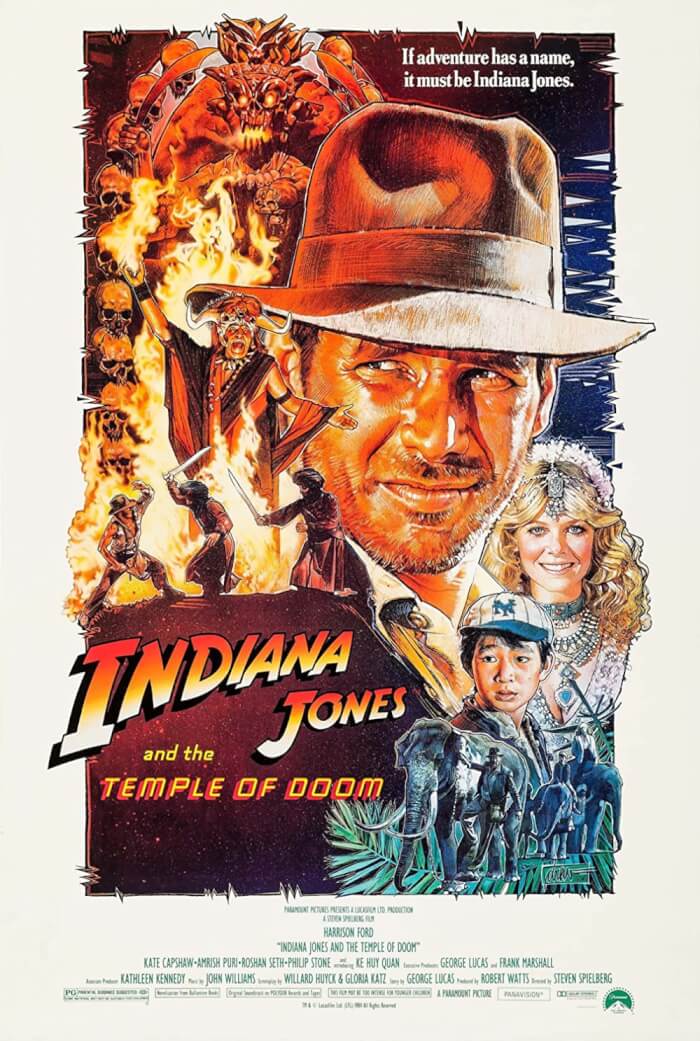 Source: IMDb
Source: IMDb
#6 Back To The Future (1985)
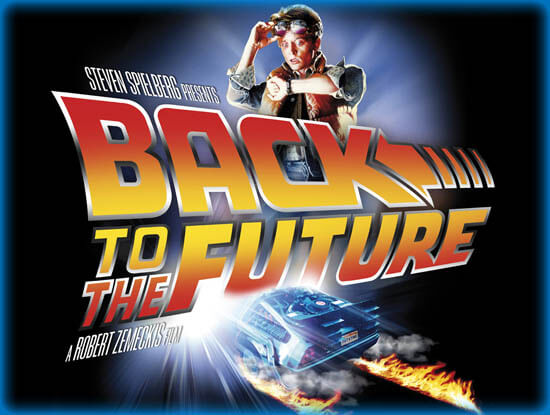 Source: Gone With The Twins
Source: Gone With The Twins
#7 Top Gun (1986)
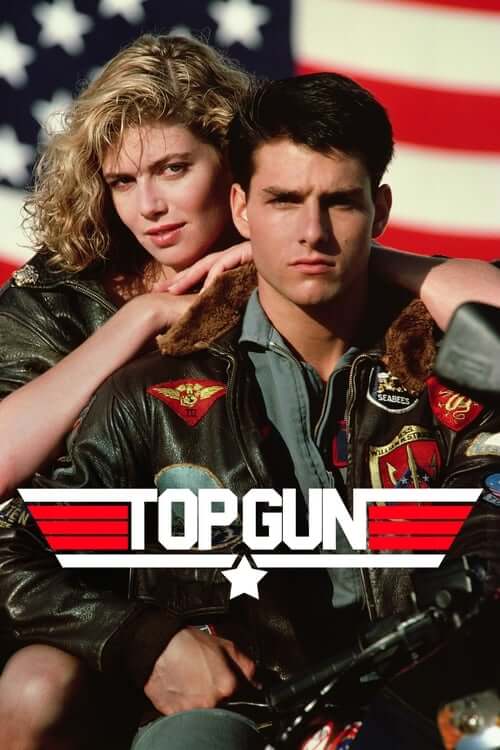 Source: The Movie Database
Source: The Movie Database
#8 Fatal Attraction (1987)
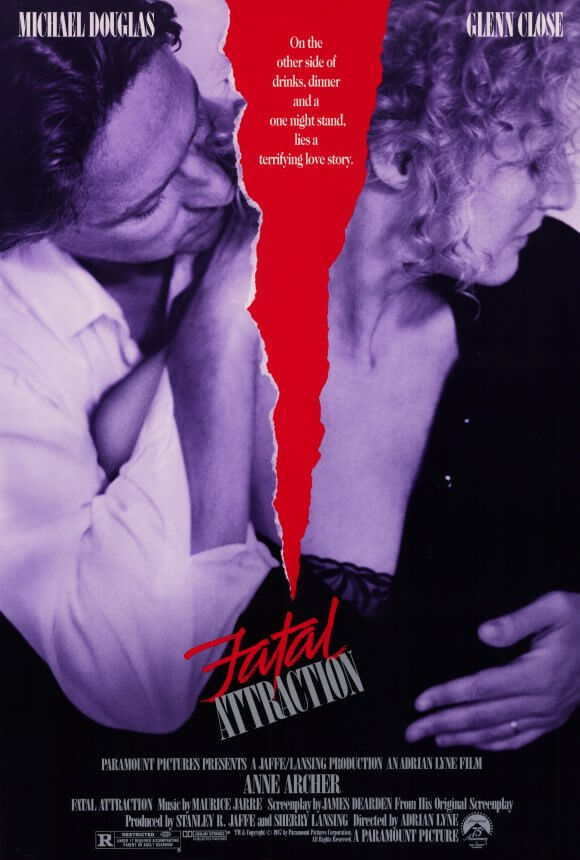 Source: IMDb
Source: IMDb
#9 Rain Man (1988)
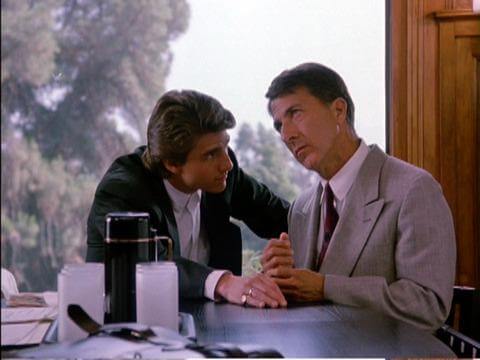 Source: IMDb
Source: IMDb
#10 Indiana Jones And The Last Crusade (1989)
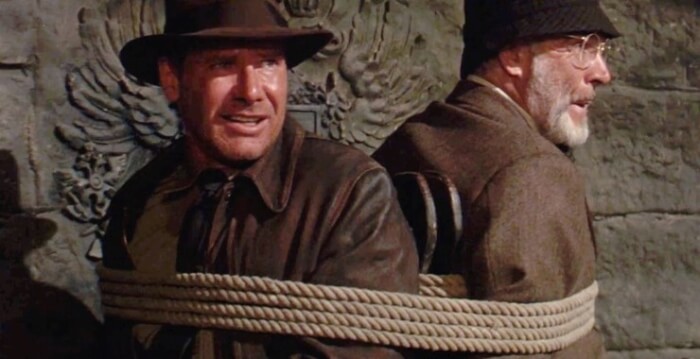 Source: Rotten Tomatoes
Source: Rotten Tomatoes
#11 Ghost (1990)
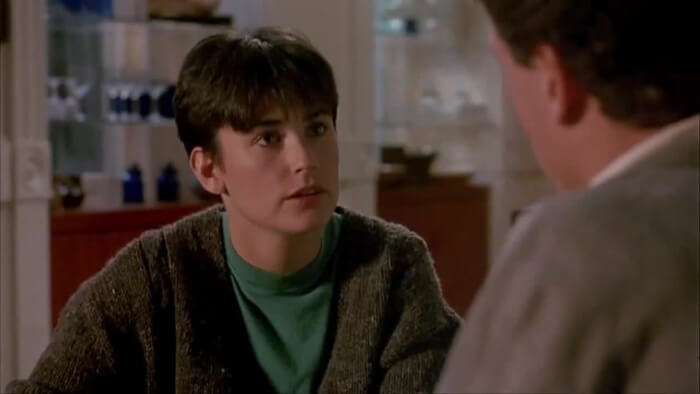 Source: IMDb
Source: IMDb
#12 Terminator 2: Judgment Day (1991)
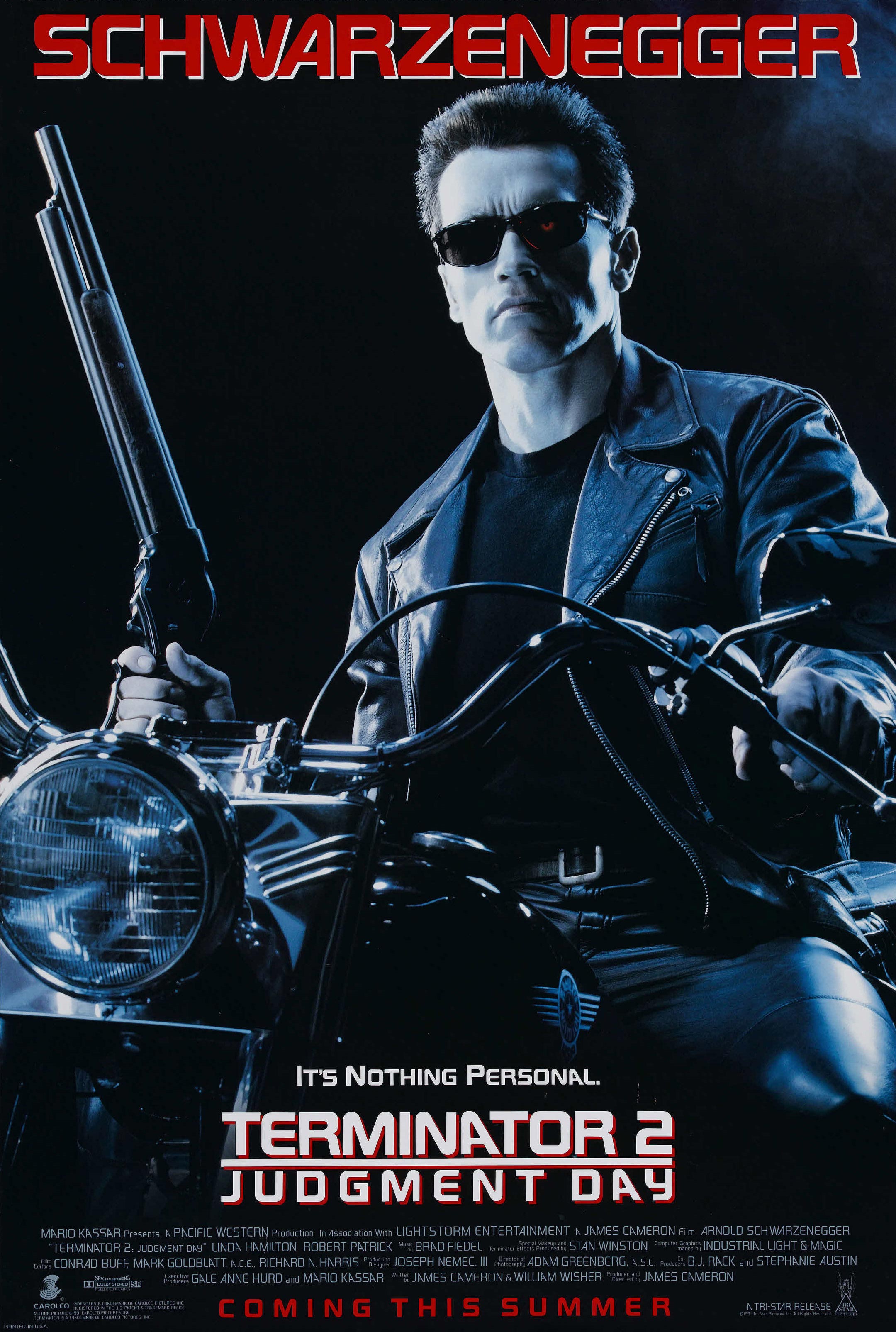 Source: IMDb
Source: IMDb
#13 Aladdin (1992)
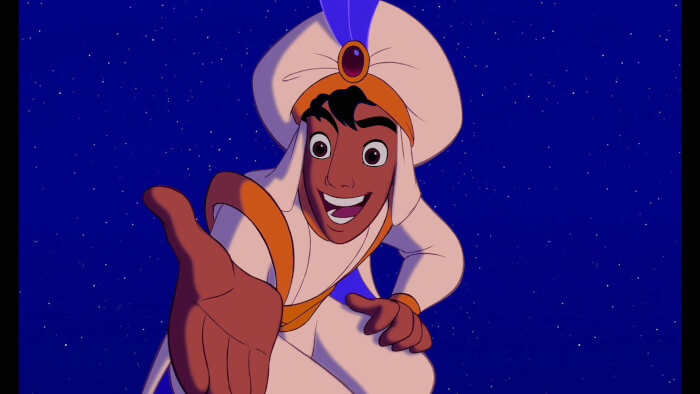 Source: IMDb
Source: IMDb
#14 Jurassic Park (1993)
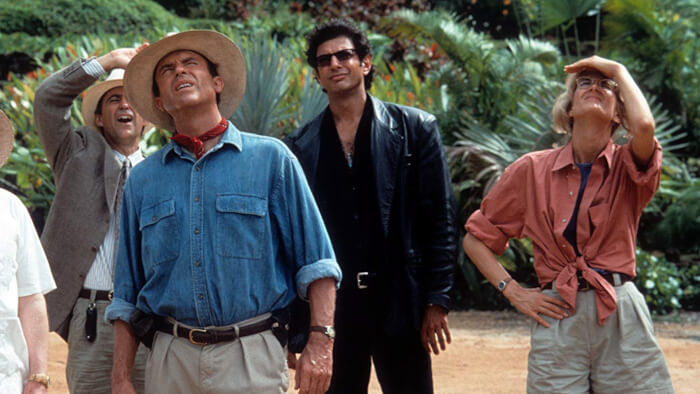 Source: IMDb
Source: IMDb
#15 The Lion King (1994)
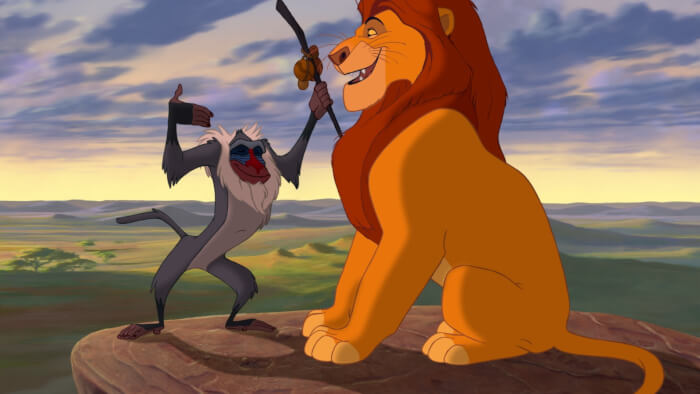 Source: IMDb
Source: IMDb
#16 Toy Story (1995)
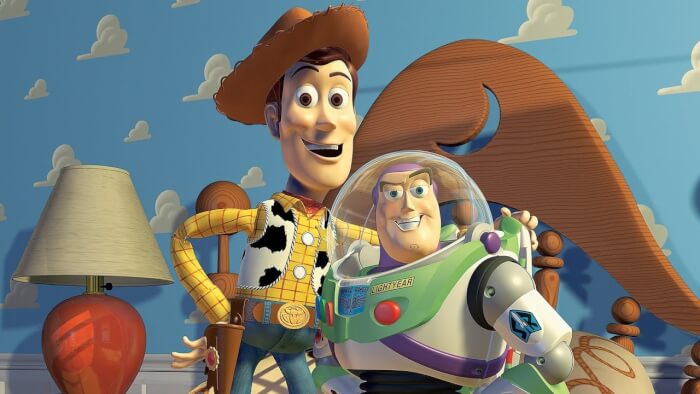 Source: Youtube
Source: Youtube
#17 Independence Day (1996)
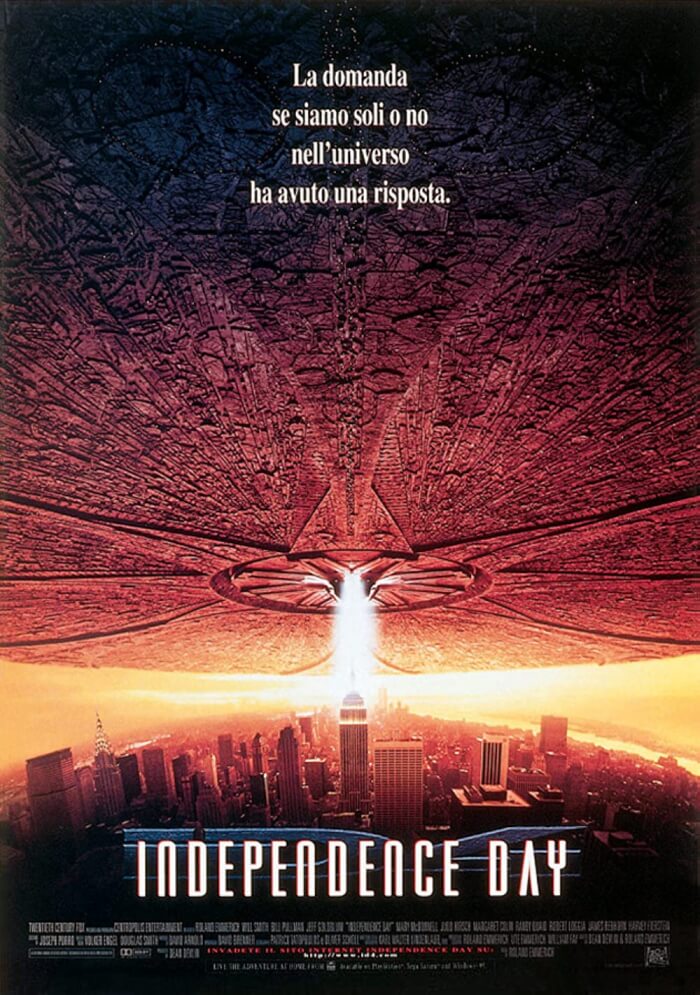 Source: IMDb
Source: IMDb
Independence Day was popular since it was released to a limited audience a few days before the public Friday release, which is now standard practice for major studio blockbusters. The U.S military was initially involved in the project but withdrew when the studio refused to delete the references to Area 51.
#18 Titanic (1997)
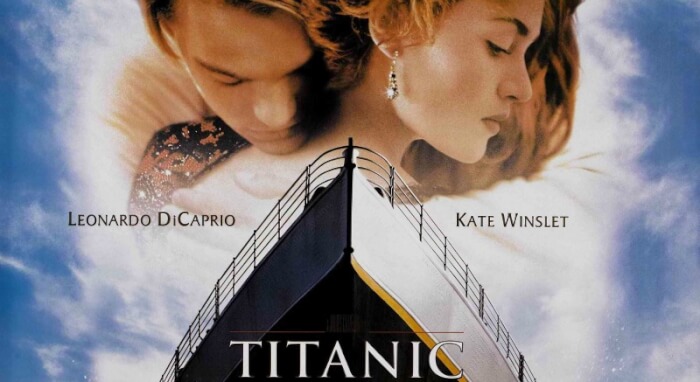 Source: Portable Press
Source: Portable Press
Lucky Leo was paid $2.5 million for his services on Titanic, followed by a $20 million payoff for The Beach. Titanic was a great box office success, but it also won a slew of awards. Titanic received 14 Academy Award nominations and won a record-breaking 11 Oscars, including Best Picture, Best Director, and Best Cinematography.
#19 Armageddon (1998)
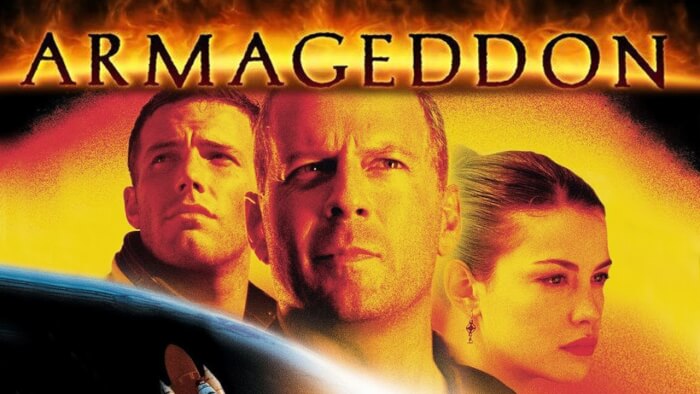 Source: ActionAGoGo
Source: ActionAGoGo
The budget of the movie was estimated at a whopping $140 million, yet it grossed more than $550 million at the box office. Interestingly, Bruce Joel Rubin, the author of Deep Impact (a comparable notable blockbuster that came out just a few months before), claims that Disney stole his idea and developed Armageddon after he offered his asteroid disaster movie to a studio executive.
#20 'Star Wars: The Phantom Menace' (1999)
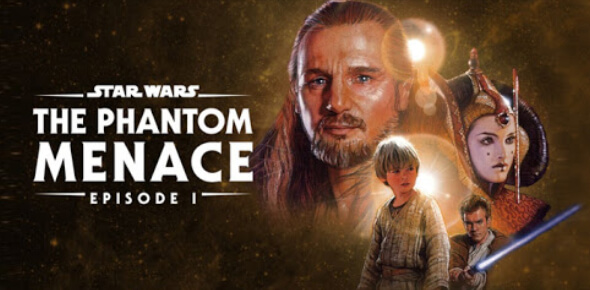 Source: ProProfs
Source: ProProfs
#21 'Mission: Impossible II' (2000)
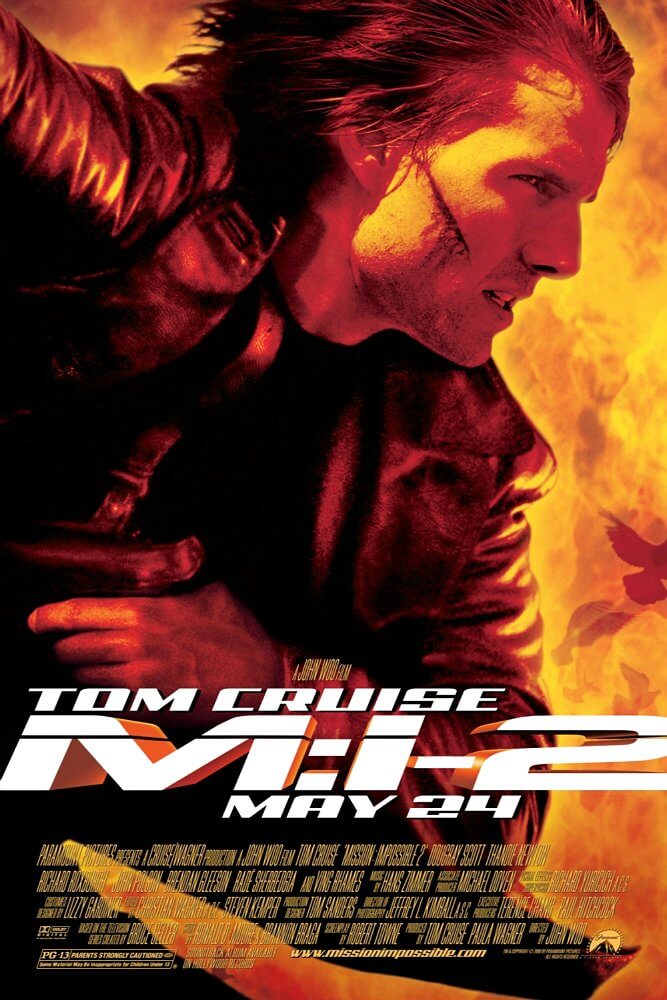 Source: IMDb
Source: IMDb
Although the franchise gave rise to a few sequels, most of them followed the action-focused formula and attempted to exceed the previous entry with ever-more-dangerous exploits, most of which were carried out by Cruise himself.